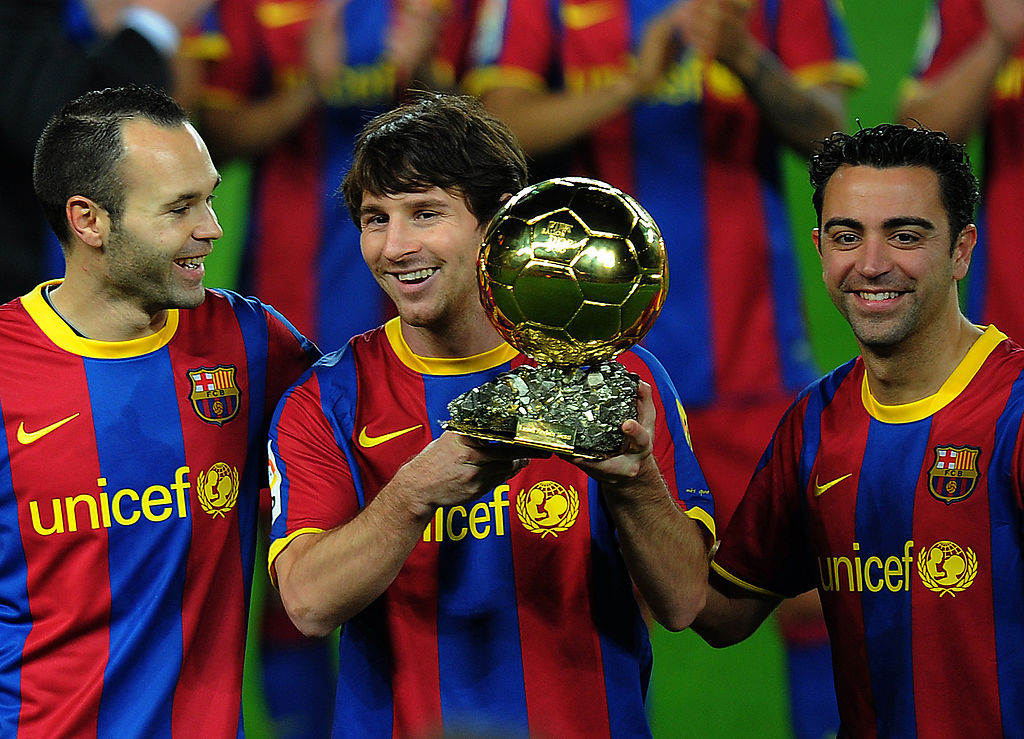Five reasons why it's time Manchester United got rid of Robin van Persie
Pete Sharland thinks it's time Manchester United shifted their star Dutchman. Here's why...
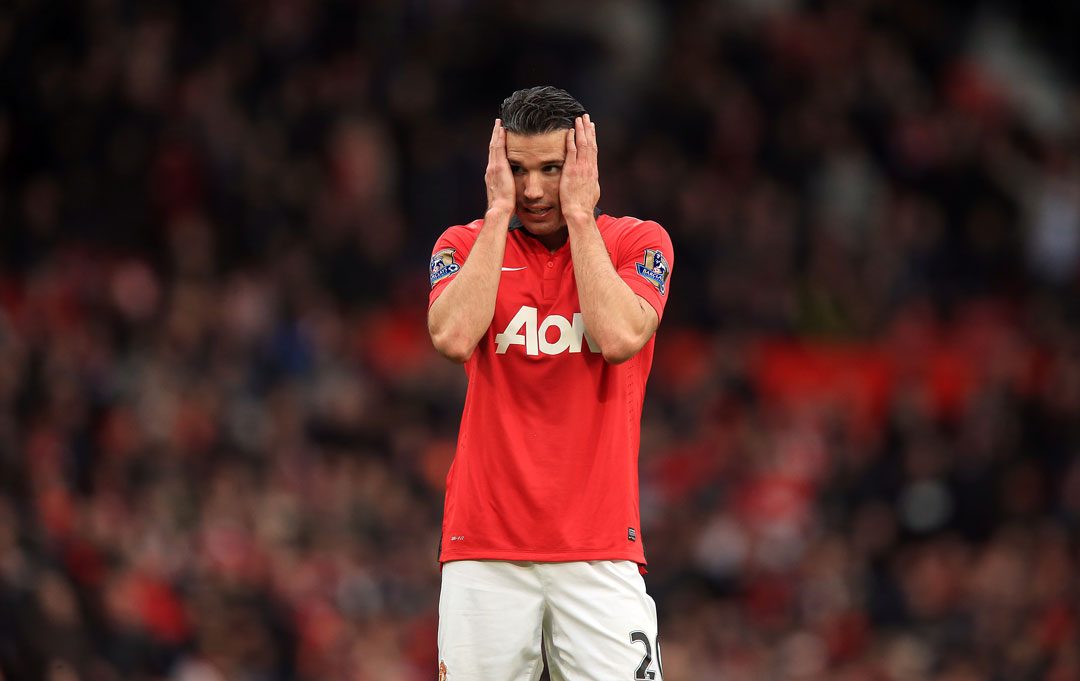
“The truth is I'm very happy here at this club. I signed for four years and I'd be delighted to stay even longer, beyond the next two years I have left on my contract. This is how I feel, although it's not what has been suggested in the media.”
Those were the words spoken by Robin van Persie to Manchester United’s official matchday programme United Review, in what must be the loosest description of an ‘exclusive’ interview. Fans and pundits alike were under no illusions about the statement's timing, but nevertheless you couldn’t help feeling the Dutchman could make the difference ahead of Liverpool's trip to Old Trafford.
What transpired turned out to be worse than even the most pessimistic United fan’s unimaginable nightmare. Not only was Van Persie a peripheral figure throughout, but his performance was further scrutinised as his opposite number Luis Suarez hassled the United defenders with his work-rate and movement all afternoon.
David Moyes’ delay in making a substitution was bizarre, and it was even stranger to see Van Persie remain on the field when he was clearly having no effect on the game. The 30-year-old's display will have done nothing to quash the rumours that he could be set to leave the club in summer - but that could be no bad thing for United.
1) Recoup some cash while they still can
If you’re looking at it from a purely financial perspective, then cashing in on Van Persie makes perfect sense. If United sold up this summer they’d probably be able to recoup a good deal of the £24 million they paid Arsenal two summers ago. They would probably have to accept a loss, but if they keep him it's hard to imagine any other scenario than him leaving on a free when his contract expires in 2016.
If he does stay, he'll probably want a new deal, and having seen the size of Wayne Rooney’s new one the Dutchman will hardly settle for a wage cut or a freeze of any sort. If United allow Van Persie to leave, that’s anywhere between £200,000 and £250,000 (depending on which reports you believe) per week off the wage bill. That, combined with the departure of Nemanja Vidic and possible exits of Rio Ferdinand, Nani, Patrice Evra and Ashley Young, would give United a lot more money to play with.
The extra money would give them the ability to address the real problem areas: defence and midfield, not attack. Otherwise they'll be stuck paying Van Persie a huge wage for another three years at least. His current deal expires when he’s almost 33, and at that point it’s hard to imagine anyone paying more than around £5m for him. The worst case scenario is that he is so delicate he could be injured for most of that, or worse so out of form that Moyes can’t play him.
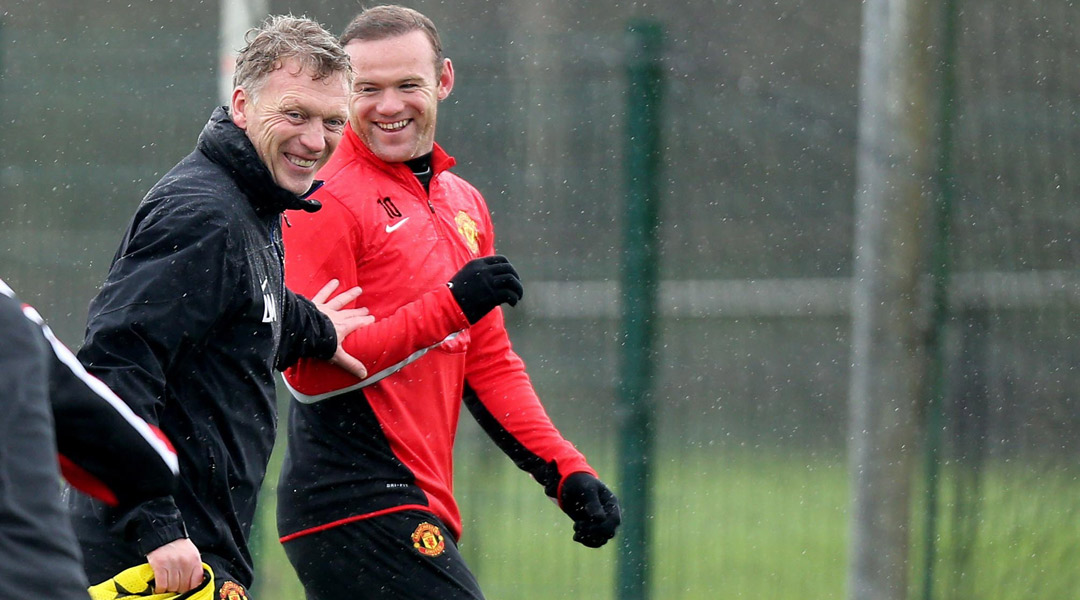
2) It would free Juan Mata
Mata’s best football at Chelsea came when he had an out-and-out striker to operate behind, whether that was Didier Drogba, Fernando Torres or Demba Ba. The Spaniard played in his favoured No.10 role, feeding off the runs made and space created by the forward. He does not play his best football out on the wing with two forwards who love dropping deep.
Since joining United he has been asked by Moyes to play on the right wing, something that must be giving Jose Mourinho cause for chuckle. The Portuguese isn’t a fool; he tried Mata on the wing for the first few months of this season and quickly came to the conclusion that the Spaniard wouldn’t work in this role. Mourinho wasn’t always going to be playing with a No.10, after all, and even then he wanted extreme dynamism. Therefore, it was no surprise to see Mata leave.
What was quite unexpected, however, was just how correct Mourinho has proved to be so far. Mata looks lost in this team and he evidently doesn’t agree with being asked to play wide. His average position on Sunday was as central and as deep as Michael Carrick and Marouane Fellaini. This was because Van Persie and Rooney were occupying the position he wanted to drift into, although Rooney had drifted slightly out to the left in order to find some width. If Van Persie had stayed up top it would have allowed Mata to play in a more advanced position and perhaps influence play more.
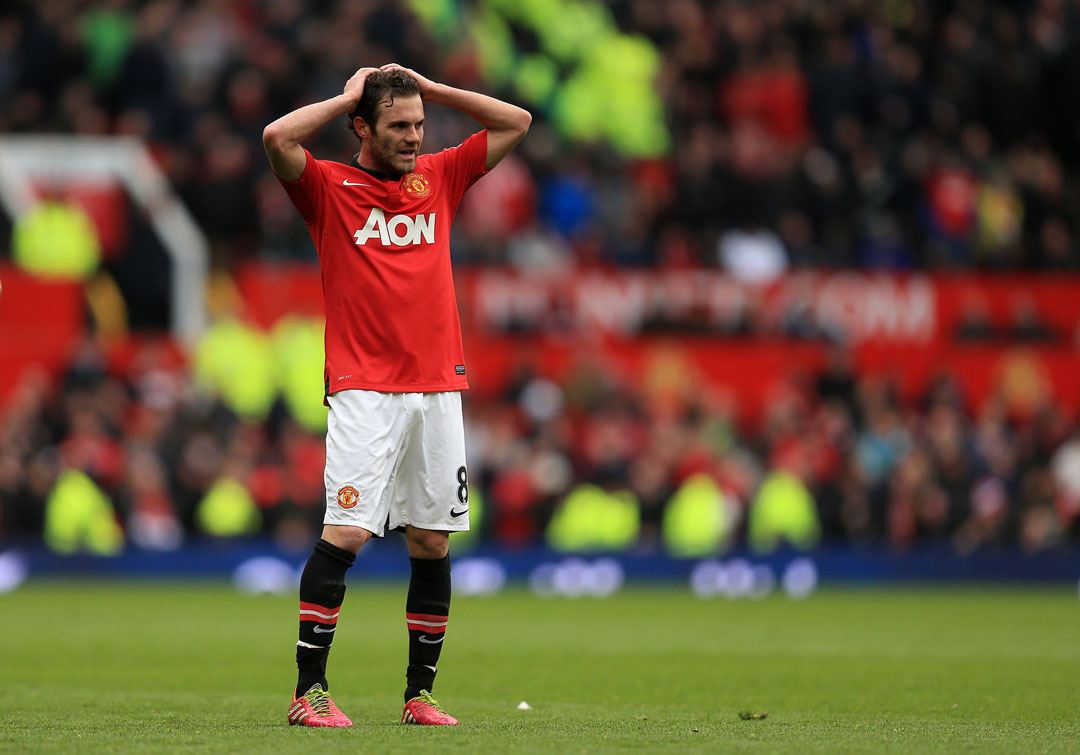
3) Other strikers' patience is running out
Manchester United currently have four strikers in their squad, but they only employ one. Both Van Persie and Rooney seem to play as attacking midfielders, while Danny Welbeck always ends up wide. Javier Hernandez is the only one who plays (or is played) as a proper striker, and even then his movement is so non-existent that it’s often like playing with 10 men.
A world-class striker like Van Persie would be expected to make intelligent runs and drag defenders out of position. This is something Alvaro Negredo does well at Manchester City, but Van Persie drops deep and it doesn’t work. Last season Rooney and the Dutchman played in tandem by having the former drop deeper more and the latter playing further forward. This sort of partnership works at Atletico Madrid, Man City and Juventus (with Carlos Tevez and Fernando Llorente), and is seen as the the rebirth of playing two up front.
Rooney’s new deal suggests United will build their team around him. By him playing behind the striker, it means that the man ahead of him needs to play as a proper front-man and not a link between attack and midfield.
The argument for starting Welbeck ahead of Van Persie is now reaching boiling point. Welbeck has only scored two goals fewer than the Dutchman in the league, and his conversion rate is better than both him and Rooney. Moyes may see it as a coup to keep Van Persie, but in reality if it prompts Welbeck to look elsewhere it will have been a disastrous error.
Get FourFourTwo Newsletter
The best features, fun and footballing quizzes, straight to your inbox every week.
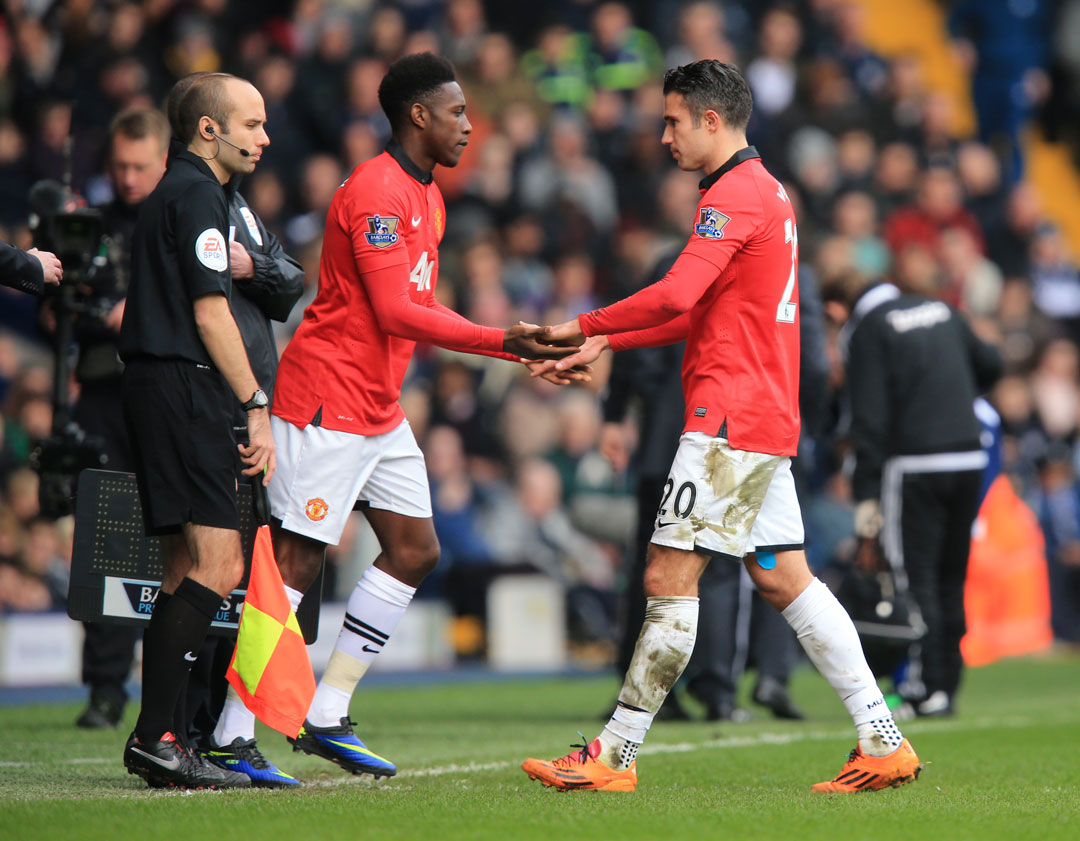
4) They need a change in philosophy
Under Sir Alex Ferguson, United executed some of the best wing play in recent history; they were devastating in full flow, and always had someone in the box waiting to score. This season United have put in more crosses per game than anyone else, but their pace is so turgid and the quality so poor that at times it is awkward to watch.
The problem is that under Ferguson, players like Cristiano Ronaldo, Nani and even Antonio Valencia knew they could get to the byline and there would be at least four players trying to attack it. As well as the two strikers, at least one midfielder and the opposite winger would be in there. Van Persie dropping deeper means that, at times, this does not happen. Surely Moyes would look at this and tell him he needs to stay further forward? Perhaps he has. Either way, it's causing too much congestion in the middle of the park and giving United’s midfield no outlet whatsoever. Against West Brom, Van Persie’s average position was so deep that he was basically on the halfway line.
If Moyes wants to stamp his own authority on the team, he needs to find a way to accommodate his best players into the same line-up. Unfortunately they all want to play in the same position, which means one has to miss out. At the minute that should be Van Persie. Moyes could do worse than experiment with his line-up; perhaps a narrow 4-2-3-1, with Mata, Rooney and Adnan Januzaj as the three behind Welbeck. Ask Carrick and Fellaini to sit deeper. Evra and Rafael can play as wing-backs and provide the width. Both players already get forward a lot, and with two deeper midfielders there will be cover if United are caught on the counter.
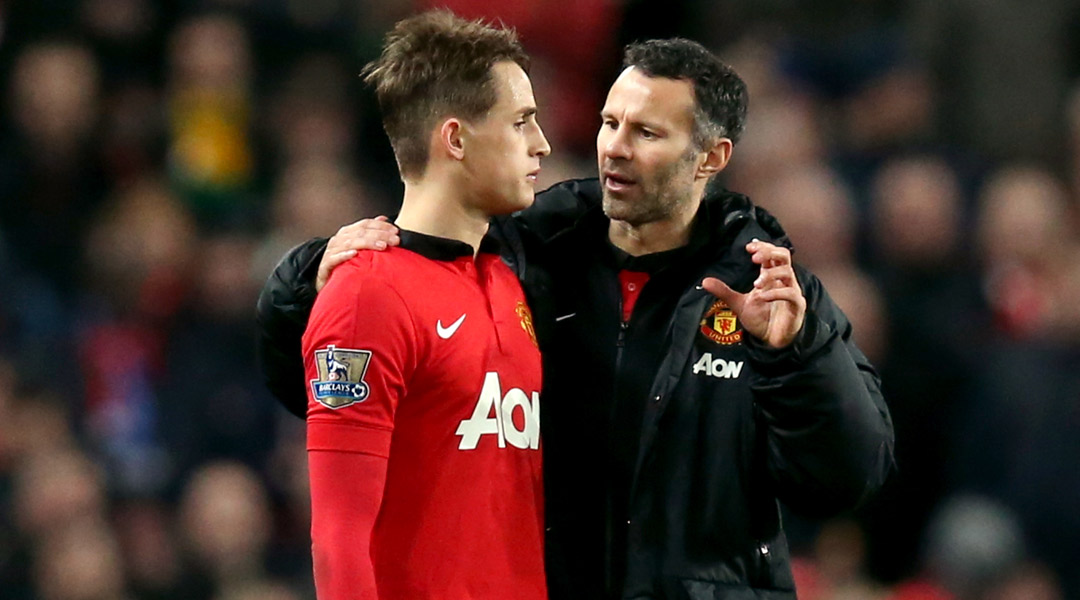
5) The game is changing
When Van Persie was destroying Premier League defences left, right and centre, it wasn’t as if he was chasing them all over the pitch like a dog with a ball. The 30-year-old’s work-rate has never been his strongest point, but his unrivalled finishing ability has more than made up for it in the past.
In the modern day, though, it is becoming harder for strikers to justify sitting in the box and waiting for a chance; they have to offer more. Zlatan Ibrahimovic, Cristiano Ronaldo, Luis Suarez, Carlos Tevez and Mario Mandzukic are the top scorers in each of Europe’s top five divisions this season. All five can boast exceptional work-rates off the ball and are constantly on the move.
Look at the other top scorers across Europe: Daniel Sturridge, Sergio Aguero, Lionel Messi, Diego Costa, Adrian Ramos, Karim Benzema, Robert Lewandowski and Gonzalo Higuain. The list goes on - but they’re all strikers who give everything for their team’s cause. Playing deep is an option for them all, but that’s often because they’ll have a partner playing further forward. All will close defenders down, move wide in order to create space, or track opposition players when needed.
Van Persie does these things, but not nearly to the same degree. Ligue 1 or Serie A would appear to suit Van Persie more; there he will still be able to thrive as a goalscorer, and whichever team he joins will still be able to survive. That’s because of the three teams he is likely to join – PSG, Monaco or Juventus – all dominate the league to such an extent that it doesn’t matter if he doesn’t chase every long ball.
The Premier League’s pace just keeps on increasing, and with that comes pressure on players to adjust their game. Every match is played quicker than anywhere else in Europe, and few teams have room for passengers - of which Van Persie is quickly looking like an expensive one. He's still managed an impressive number of goals considering injuries, but are they alone enough anymore?
